Acne is a common skin condition that many people experience at different stages of life, from adolescence through adulthood. Red, inflamed pimples can be a source of frustration. While some people use antibiotics to manage their skin, concerns about antibiotic resistance have led researchers to explore alternative options for supporting skin health.
In 2022, a randomized controlled trial (RCT) Study published in Cell Reports Medicine explored an alternative to the dermatologic application of antibiotics: probiotics. The study explored whether probiotics, which are often associated with gut health benefits, might help support skin health when applied topically, potentially offering an option for managing acne alongside other skincare routines, without depending on antibiotics.
[signup]
About The Study
The goal of the study was to explore whether topical probiotics might serve as a natural option to help support skin health and manage acne, as concerns about antibiotic resistance grow. Researchers focused on Lactobacillus bacteria, which are known for their role in gut health, to assess whether their application to the skin might help support the skin's natural balance and reduce inflammation associated with acne, in light of concerns about antibiotic resistance.
Seventy-nine participants, aged 18 to 33 with mild to moderate acne, were divided into two groups. One group applied a cream with live Lactobacillus bacteria twice daily for eight weeks, while the other used a placebo. The probiotics were prepared in capsules that broke open on the skin, ensuring the bacteria reached the surface intact.
Researchers monitored participants' skin throughout the eight weeks, measuring inflamed acne lesions and sampling via skin swabs to track bacterial changes. This helped assess the reduction of harmful bacteria and the effect on the skin's natural microbiome. The focus was on whether probiotics could reduce acne-causing bacteria while preserving the skin's healthy bacteria, offering a potential alternative to antibiotics.
The Key Findings
The study found that participants using the probiotic cream experienced a reduction in inflamed acne lesions compared to those using the placebo. The probiotic treatment effectively decreased the presence of harmful bacteria like Cutibacterium acnes and Staphylococcus, both known contributors to acne.
Additionally, the probiotic cream was associated with an increase in beneficial bacteria on the skin, which may help support a balanced skin microbiome. The skin's natural bacterial composition remained stable throughout the treatment, indicating that the probiotics supported skin health without causing disruption.
Notably, some benefits from the probiotic cream persisted after treatment. Four weeks post-treatment, participants continued to report improvements in their skin, suggesting that the probiotics may offer lasting support for skin health.
Significance of the Findings
These findings suggest a promising option for those seeking to support skin health and manage acne, which may help reduce reliance on antibiotics and address concerns about antibiotic resistance. This probiotic approach might provide a gentler, long-term option for supporting skin health and managing acne, potentially reducing the need for antibiotics.
What makes this study particularly unique is its focus on restoring balance to the skin's microbiome: while targeting harmful acne-causing bacteria, the treatment simultaneously encourages the growth of beneficial bacteria. This approach helps to maintain a healthy bacterial balance on the skin, thereby minimizing the disruption that conventional therapies often cause.
Beyond acne, probiotics may offer broader applications for supporting overall skin health in the context of a skincare routine. The treatment’s ability to enhance skin health while addressing specific concerns like acne suggests it could benefit those seeking more natural, less invasive skincare options.
Limitations of the Study
A significant limitation of the study is that it only included participants with mild to moderate acne, making it unclear if the probiotic cream would be effective for severe acne. Additionally, the sample size of only 79 individuals may reflect only some skin types and conditions, limiting how widely the findings can be applied.
Another limitation is the short duration of the study, which lasted eight weeks, leaving questions about the long-term benefits of the treatment. The study also only tested one strain of probiotics, so further research is needed to explore how different strains might affect various skin types and acne severities over time.
[signup]
Key Takeaways
- Probiotics, particularly Lactobacillus bacteria, were associated with a reduction in inflamed acne lesions and may help support a healthier bacterial balance on the skin, suggesting they could be an option to help manage acne alongside traditional skincare approaches.
- The study highlights the ability of probiotics to target harmful acne-causing bacteria while supporting beneficial bacteria, which could provide a safer and more natural option for managing acne and reducing reliance on antibiotics.
- Although the results are promising, further research is needed to assess the long-term effects of probiotics on different skin types and to determine whether specific strains may offer enhanced benefits for personalized skincare solutions.





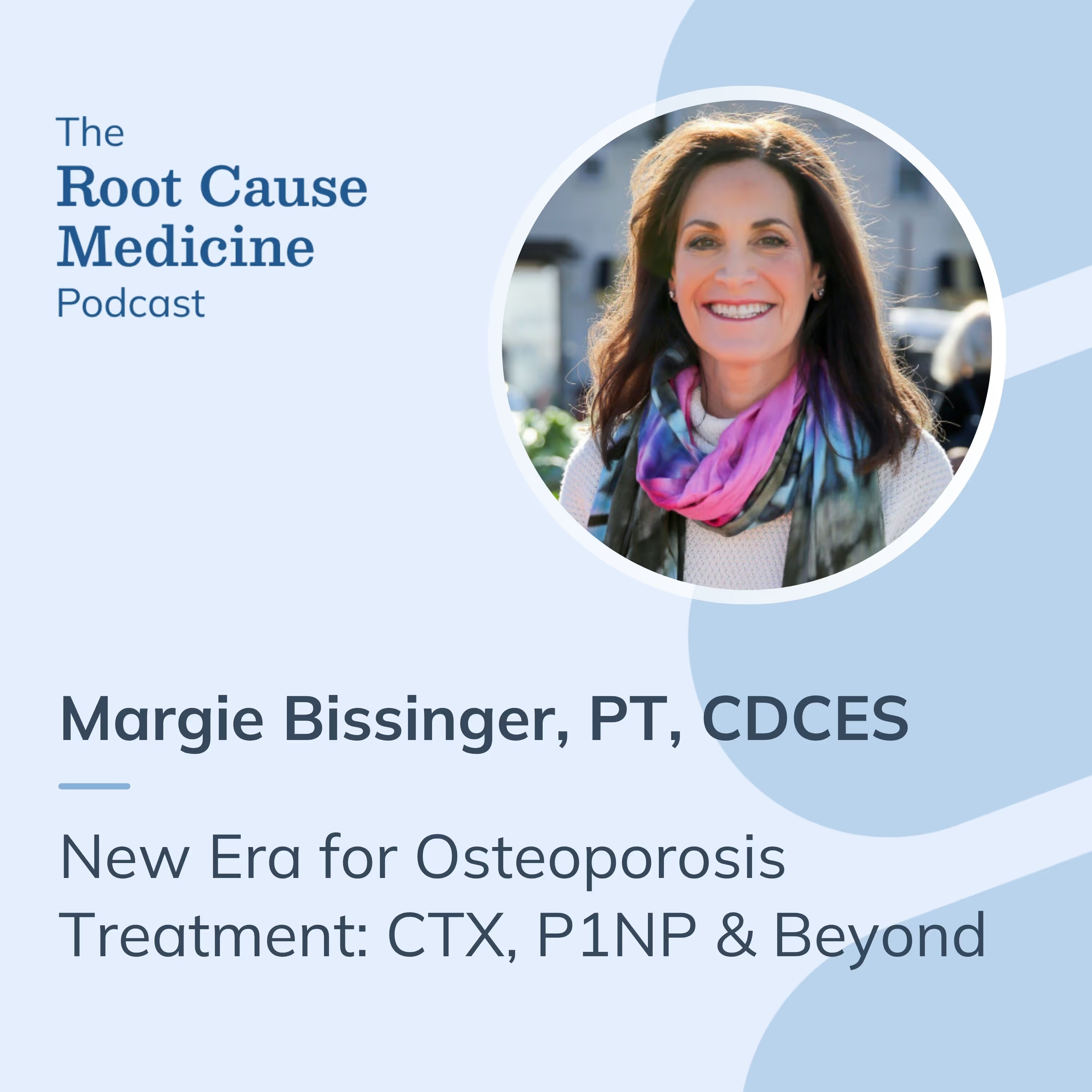
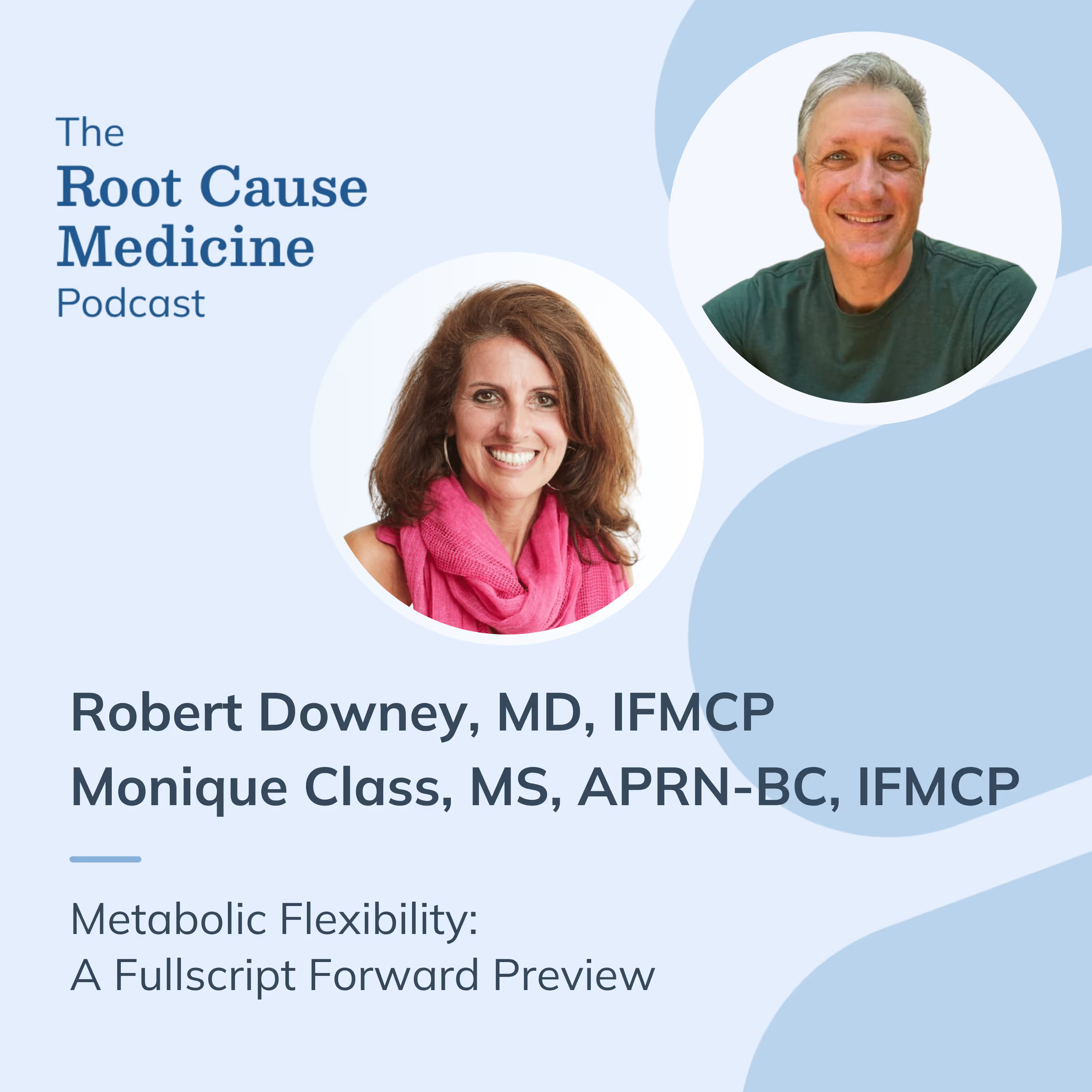
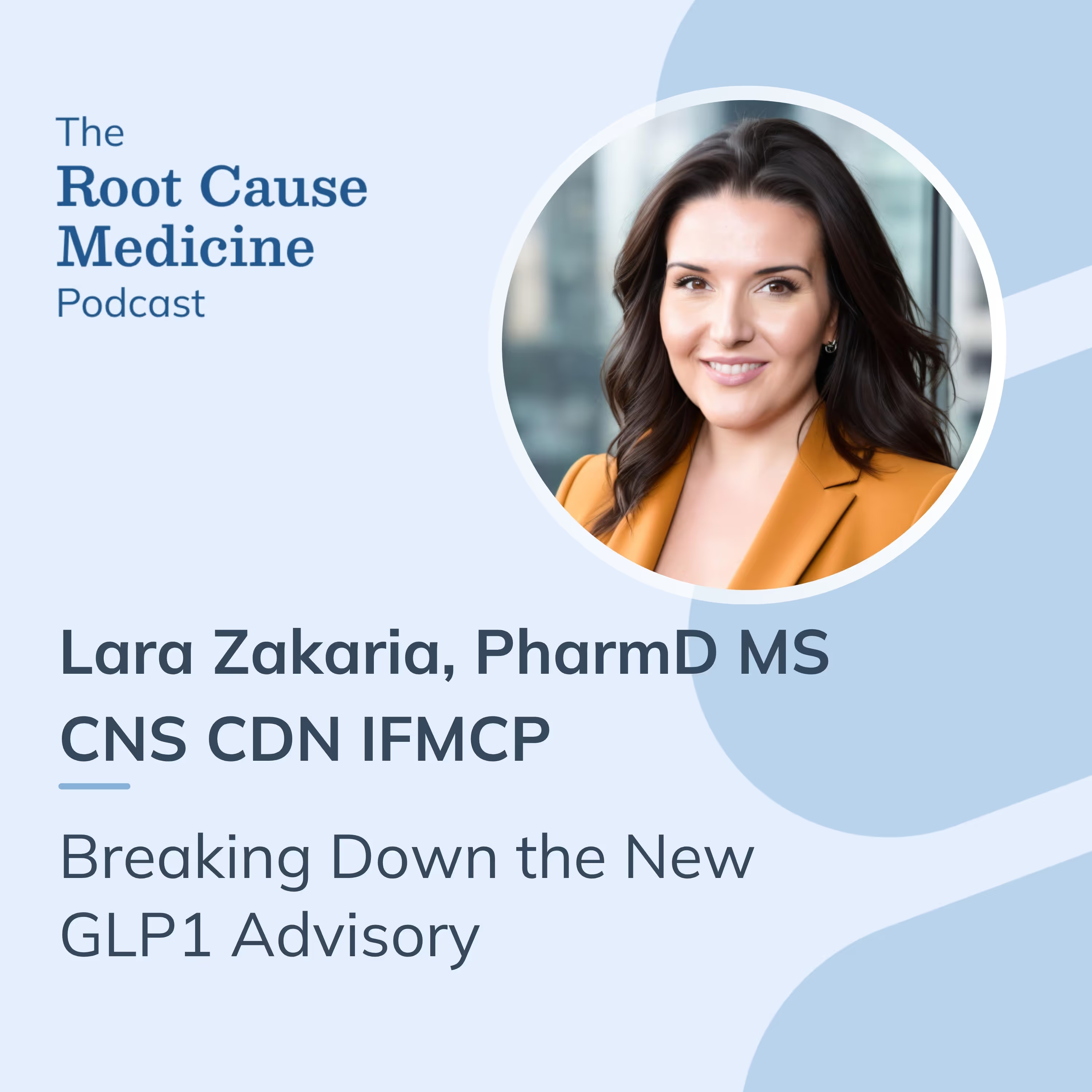
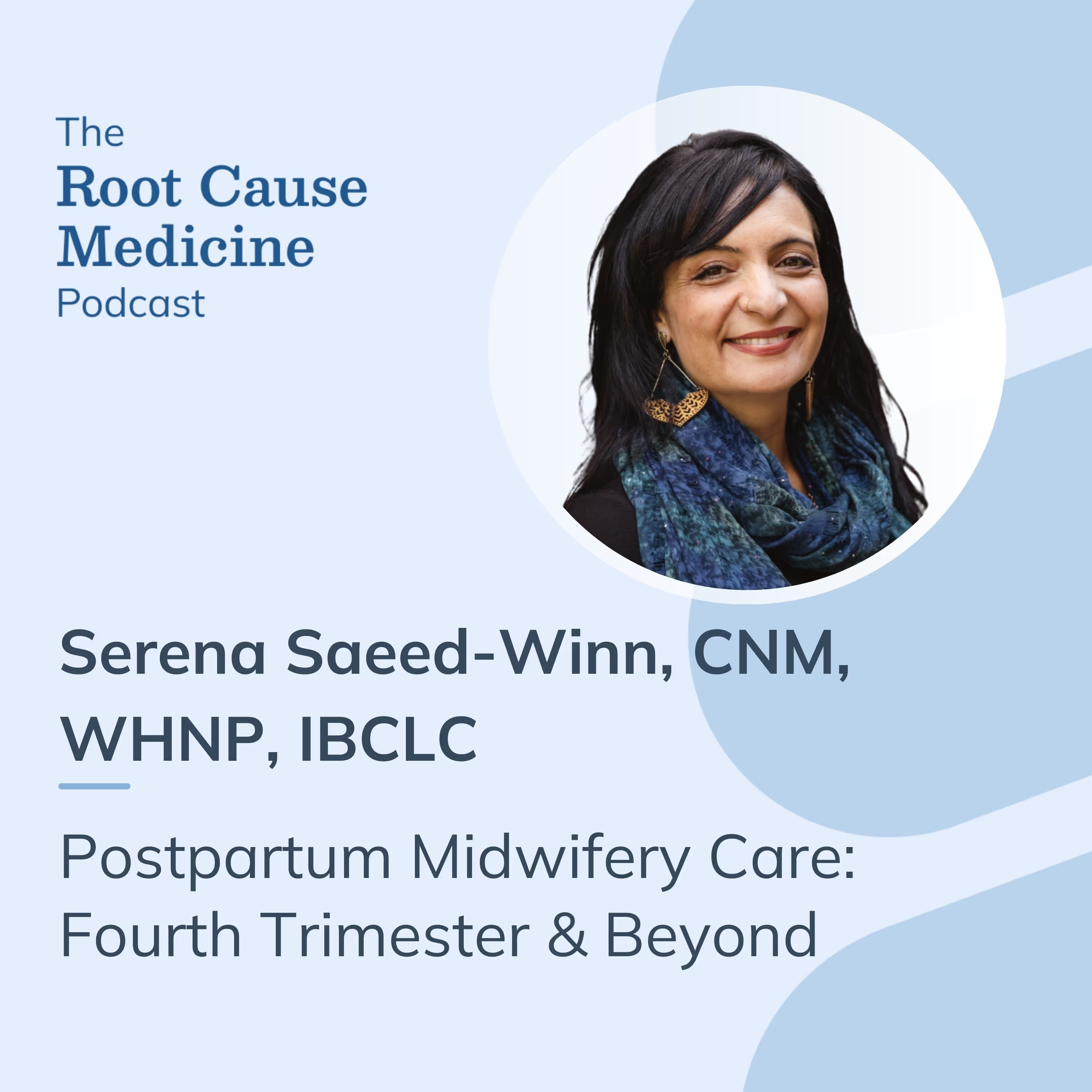
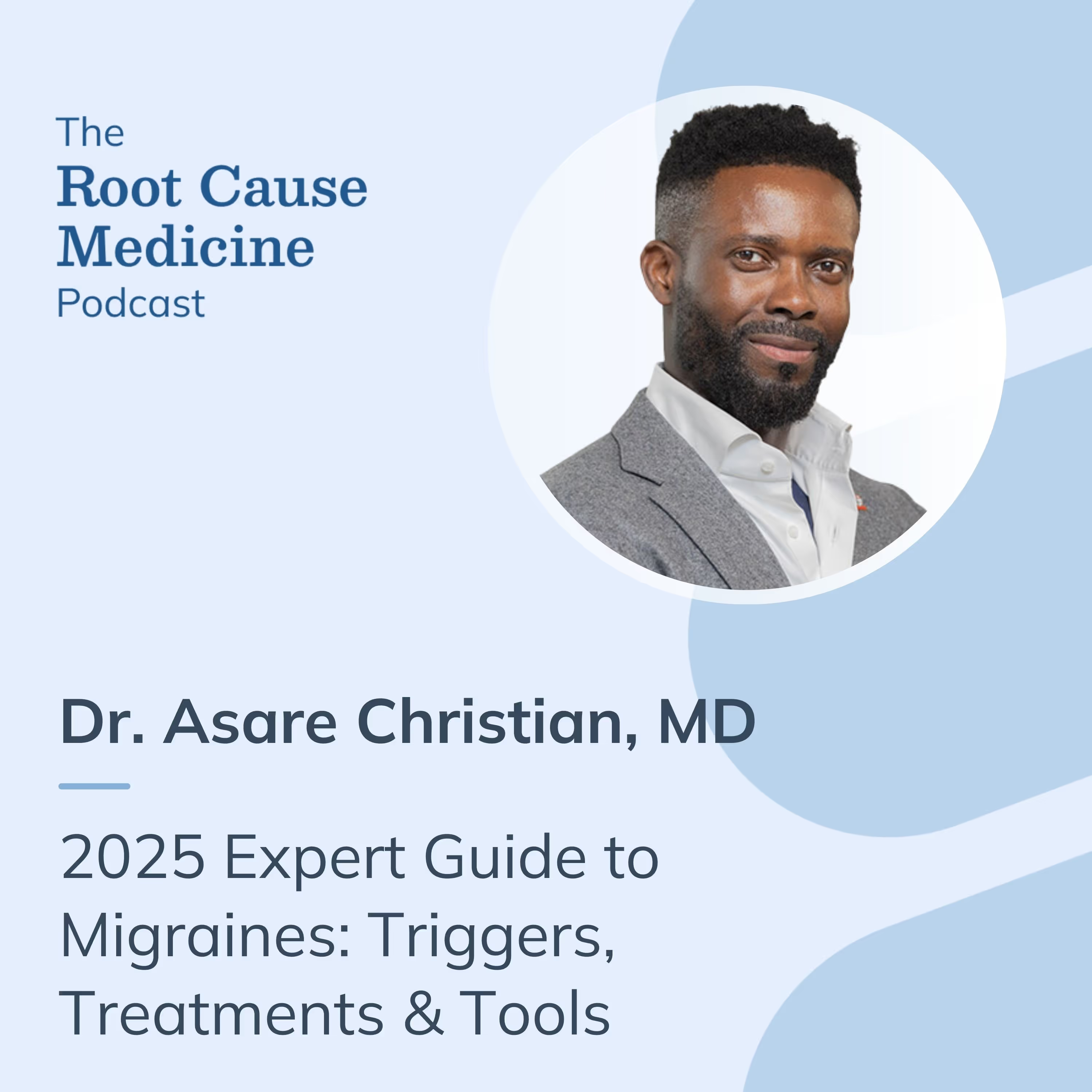


%201.svg)







